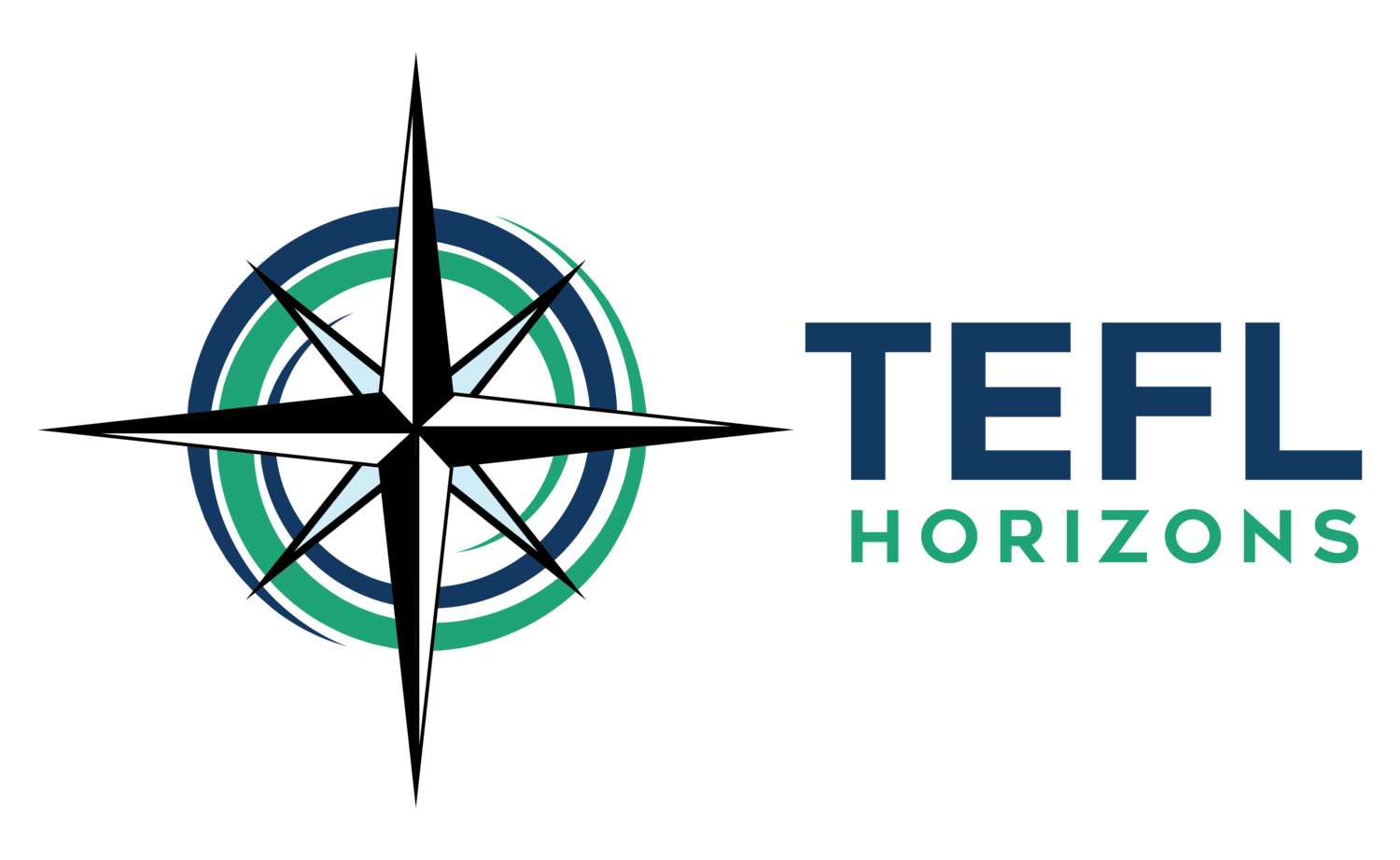How to Deal with Vocabulary in a Reading Lesson
Show Notes
We're continuing on in our series of how to teach reading, and this week we're talking through a common issue: how do you deal with vocabulary in a reading lesson? Yes, we know the main aim of any reading lesson should be reading comprehension, but what if students start to ask questions about the vocabulary in the text? Should you offer to define unknown words for the students as you go along? How much vocab do the students really need to know in order to comprehend what they’re reading? We’ve got the answers for you in this episode.
In this Episode
Why you SHOULDN’T ask the question, “Were there any words in the text you didn’t understand?”
“[Instead of trying to teach both reading and vocabulary in the same lesson], just do a really good reading lesson one day, and a really good vocab lesson the next day. THAT’S actually useful. It’s more manageable for you, it’s more beneficial to the students, and everything just feels more streamlined. It just makes you a better teacher.”
Why this question sends the message that students need to know all the vocabulary in the text- when actually they don’t!
Why thinking that you have to understand every word in a text slows students down when reading
How this question encourages teacher dependence- and how to encourage independent learning strategies instead
How asking this question hinders students’ reading skills outside the classroom
How this can really mess up your timing
The pressure you’re putting on yourself to be a human dictionary when you ask this question
How to keep your main aim in mind when teaching a reading lesson
What to do if a students asks you a vocabulary question you aren’t prepared to answer
How to validate students’ vocabulary questions
Better ways to deal with vocabulary in a reading lesson
What “blocking” words are and how to identify them
How to plan in advance to deal with vocabulary - why you should answer the reading comprehension questions yourself first
The maximum number of words you should choose to focus on
How to know when you DON’T need to define a word from the text
Why you shouldn’t just put vocabulary words on the board and start going through them
The benefits of creating a student-centered matching task to help students understand “blocking” vocabulary
Why you don’t need to go over the words before students do the vocabulary matching task
How to follow up the vocabulary matching task by asking clarifying questions (concept checking questions) and focusing briefly on form and pronunciation
Why you want to leave the vocabulary information on the board while students are reading
Why it’s important to manage time and keep this stage efficient
Why you need to have your vocabulary focus stage thoroughly planned
Why you often don’t even need a vocabulary pre-teach stage
Whether it’s appropriate to deal with vocabulary after the reading activities (a “post-teach”)
Why the “pre-teach” needs to occur before the main reading task
What to do if there are vocabulary words you want to focus on or think would be useful (separate from the blocking words) - and why this needs to be its own separate lesson or section of a longer lesson
How focusing on a lot about a little rather than a little about a lot makes your lessons more streamlined and effective
The fact that, the majority of the time, students won’t even make vocabulary an issue… as long as you don’t!
And a huge thank you for following, listening, and supporting us- our Apple Podcast rating list is growing, and we’re excited about it!



